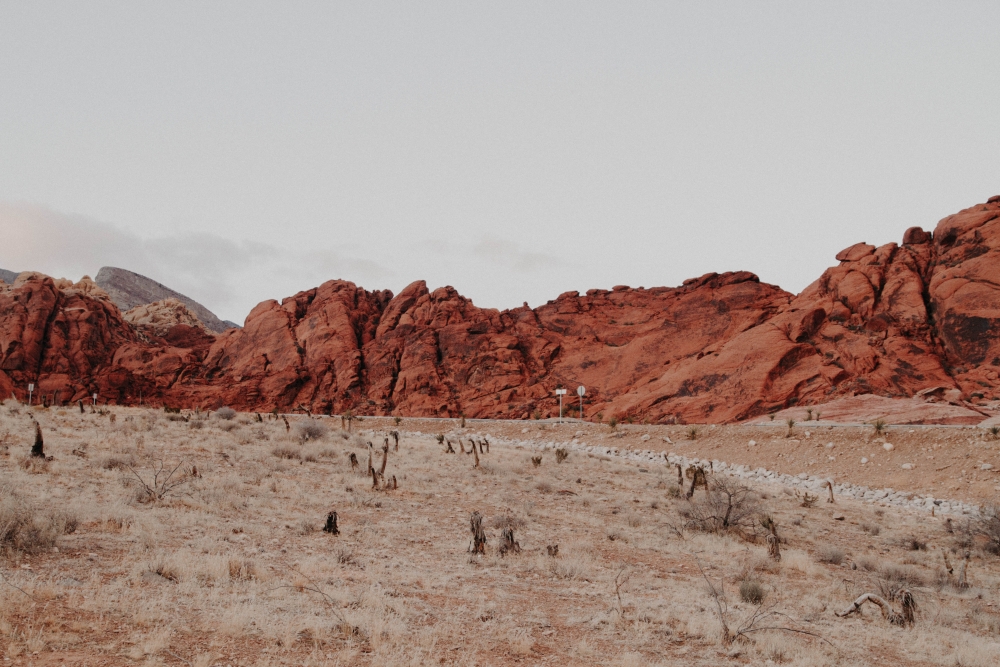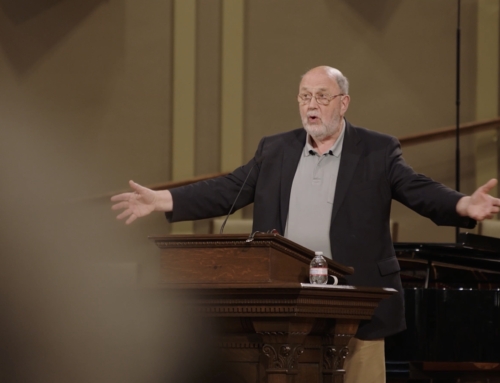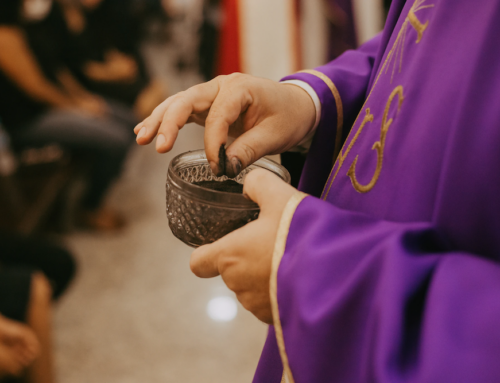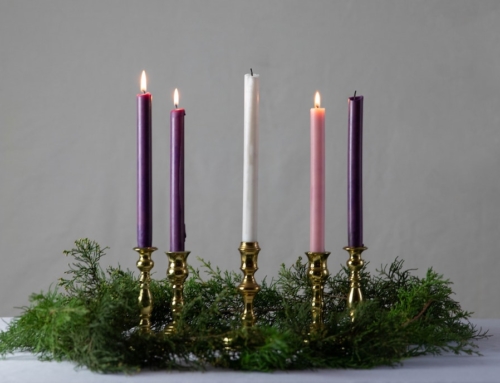This post is a reflection on N.T. Wright’s 15 Essential Biblical Texts, which is currently on sale at a major discount.
I have a purple post-it note affixed to the wall of my office that rests at eye-level directly above my computer. It says, Get out and worship God in the desert, which is a quote from Professor N.T. Wright’s teaching from Exodus 32:7-14 in his course, ’15 Essential Biblical Texts’. The context of this passage reminds us that God commanded Moses to confront Pharaoh with the divine charge, ‘Let my people go, so that they may worship me’ (Exodus 9:13; emphasis added).
After 430 years of bondage, God miraculously rescued his people so that they might be free to worship him without fear or constraint. However, in short order the Israelites grumbled and complained about all that they lacked in the desert, and nostalgically longed for the ‘comforts’ of Egypt (16:3). They failed, not only to properly worship, but in Moses’ absence, they opted to create something that resembled a pagan deity. They wanted a familiar god, one like the gods of their neighbors. They wanted a god they could fashion—a god they could see and touch—and therefore control. Exchanging YHWH’s truth for a lie, they adored an idol instead of the One true God.
Get out and worship God in the desert— Professor N.T. Wright, 15 Essential Texts Click To TweetWhy I Need the Desert
Today, I need the reminder to Get out and worship God in the desert for a few reasons. First, I often prefer to remain in places where I am most comfortable. I can also stumble by trusting in things that bring comfort or are familiar and predictable. Sometimes I overly adore that which enables me to fit in. I realize this may not resonate with people who like change, thrive in difficult circumstances, or enjoy standing out from the crowd. Admittedly, I am not one of these people; I tend to play it safe. Following the One true God can be dangerous, subversive, counter-cultural, and, at times, uncomfortable or lonely. I so often need the encouragement that God’s people have been set free, which is not just being set free to get out. Rather, it is a setting free that enables us to worship him as we follow his lead and trust in his promises.
Another reason for the post-it note is to be reminded that ‘desert’ or ‘wilderness’ places not only forge trust but can also be places where we might prayerfully ask questions. The Psalms include passages that reflect the Israelites’ questioning and lamenting. Indeed, the Psalmist sometimes shakes a fist at God and says, ‘What is happening?’ or ‘When will you do something about it?’. Prof. Wright characterizes this as the reality of prayer. In the exchange described in Ex 32:7-14, Moses encounters God as one with whom he might have a face to face conversation. YWHW wants his people to both love him and respect him, which includes deeply and truthfully engaging with him. Indeed, the Creator God rescued Israel from bondage in Egypt so that he might dwell in their midst. Israel was the bearer of that great promise which the church has inherited: God dwelling with us, and now in us, as part of his new creation.
Let it Begin With Me
What does it meant to live and worship as part of this new creation? It might begin with an honest self-appraisal: let it begin with me. Am I holding people hostage in unforgiveness? Am I turning a blind eye to a system or structures that ensnare others in order to ensure my own comfort? Where might I live out the sacrificial dying and victorious rising of the crucified Messiah with difficult family members, a divided church, or within a hostile community? How might I try to understand another’s perspective or be willing to maintain openness towards the ‘other’, even the ‘enemy’? This radical and cruciform shaped ideal is no easy task. In fact, it is often impossible unless we are empowered by the Spirit towards new ways of living and thinking that Jesus embodied.
One practical place to start might be to consider how and why people are still trapped. Where do I notice systems in place that perpetuate injustice and inequality or promote domination and degradation? How might God want to use me and others in my church or community? Maybe it is speaking truth to power and honoring different voices in ecclesial decision-making processes. Maybe it is keeping silent and resisting my right to ‘be heard’. The possibilities for living as new creation are seemingly endless.
The call to get out and worship God in the desert is a call to creative ways of thinking and living that bring new creation to a parched world. If this is to be realized beyond the abstract and lived out in our concrete interactions, then let it begin with Christ in me. Let me begin by asking God to show me where and how I might intentionally interact with the person I find it challenging to be around. Let me begin by asking for wisdom in how to step into places and speak up where people are unjustly kept on the outside due to cultural, class, or ethnic barriers. Let it begin with Christ in me, for this is what it means to be the new creation.
Jennifer Loop
Latest posts by Jennifer Loop (see all)
- Why You Need Lent: Two Perspectives - February 22, 2023
- How (Not) To Understand a Parable - October 20, 2022
- What People are Saying About ‘Ethnicity, Justice and the People of God’ - February 10, 2022







